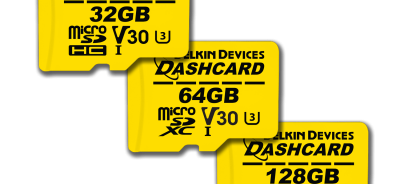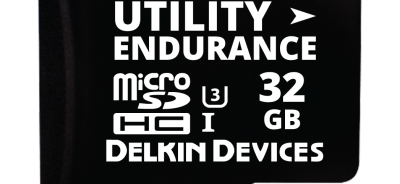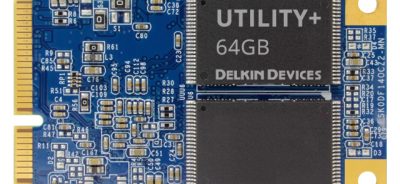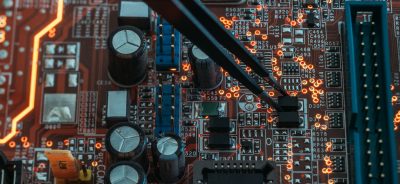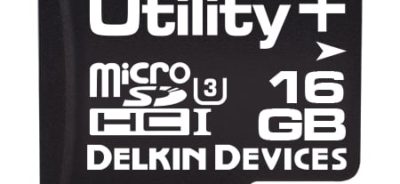Solid State Drive Technology FAQs
Solid state drives are the foundation upon which a huge array of modern technology exists. Everything from digital cameras to gaming devices rely on solid state drives—also known as SSDs—for memory. They provide reliable performance, even in less than ideal operating conditions, which is why so many engineers and developers depend on them in their designs. What are SSDs and how do they work? Here are the answers to frequently asked questions about solid state drive technology.
What exactly is an SSD?
SSDs are simply a form of memory. They are an alternative to HDDs, or hard disk drives, but instead of having spinning components, including a spinal and rotator plate, SSDs use semiconductor parts. The lack of rotating parts is the key to SSD success. Because there are not any moving parts, it doesn’t matter if SSDs get jostled, as it does with HDDs. This makes SSDs ideal for use in locations in which vibration and shock can be an issue, such as in transportation.
Originally, SSDs used DRAM, but now NAND flash memory is standard. You can find SSDs in a number of different formats, including mSATA, PCIe boards, SD cards, and CompactFlash.
When are SSDs used?
Today, SSDs are so widely used that it is more unusual to find an application that doesn’t use one. However, they are always used over HDDs in applications that need drives that are small in size and that don’t demand a lot of power for usage. They are also preferable in applications that need high performance speeds.
SSDs are also desirable for applications that need storage in rugged operating conditions. In addition to being tolerant of shock and vibration, SSDs function well in extreme temperatures and temperature fluctuations.
How long do SSDs last?
Solid state drive technology’s lifespan depends on how it is being used. This is a major difference between SSDs and HDDs, as SSDs do have a finite life. There are only a limited number of program and erase cycles that an SSD can perform before it starts losing data. The level of use determines how long an SSD will last. With light use, it could take a decade or more for it to wear out, but more intense use means a faster burnout.
Industrial-grade SSDs last the longest, because they rely on single level cell NAND flash. For critical applications, most designers choose industrial SSDs for this reason.
Get answers to all of your questions about solid state drive technology from Delkin. Talk to a member of our product team to find out more about SSDs and selecting the best one for your application.
 Login
Login Register
Register



